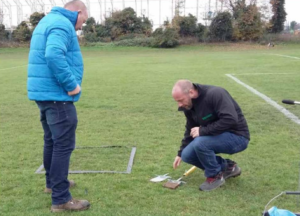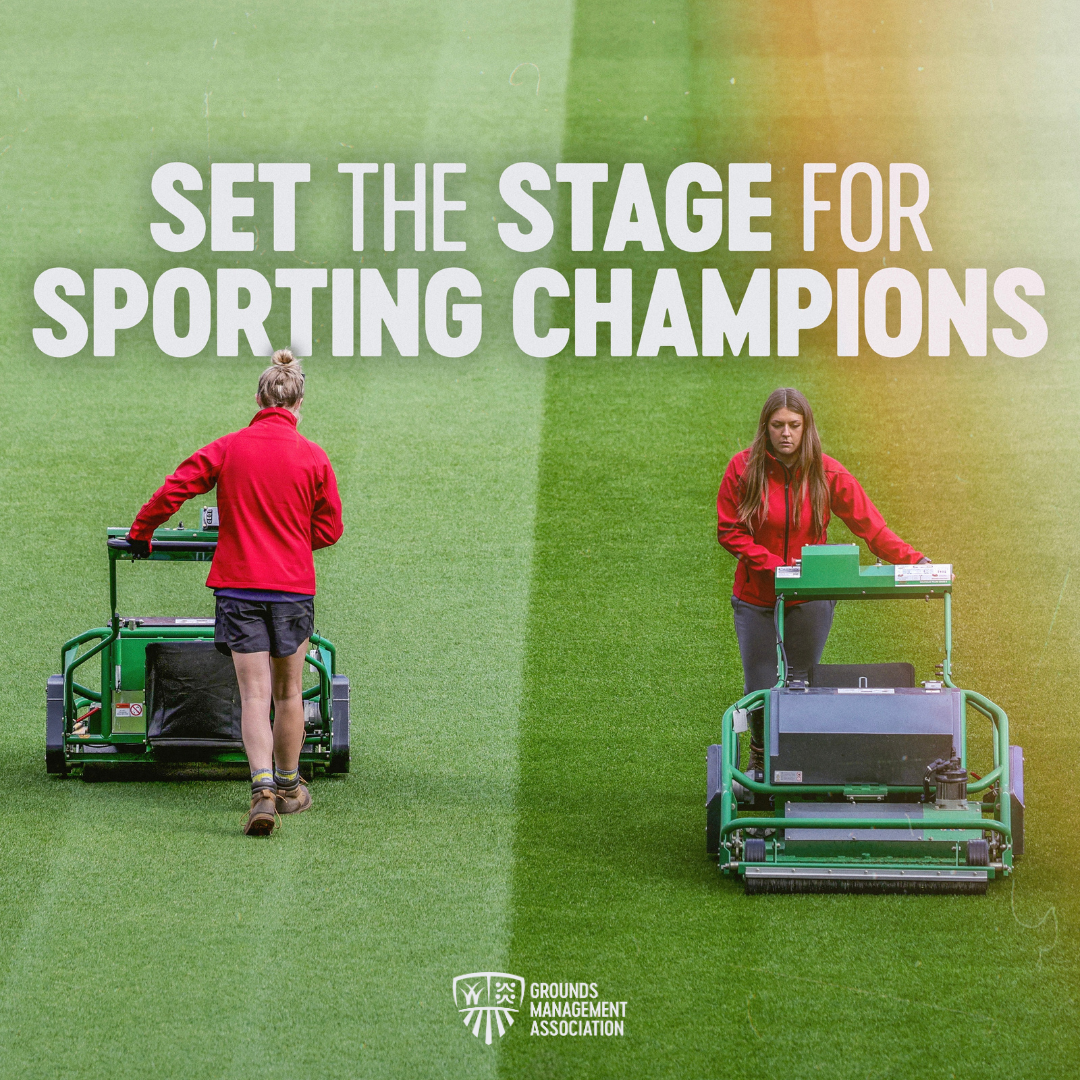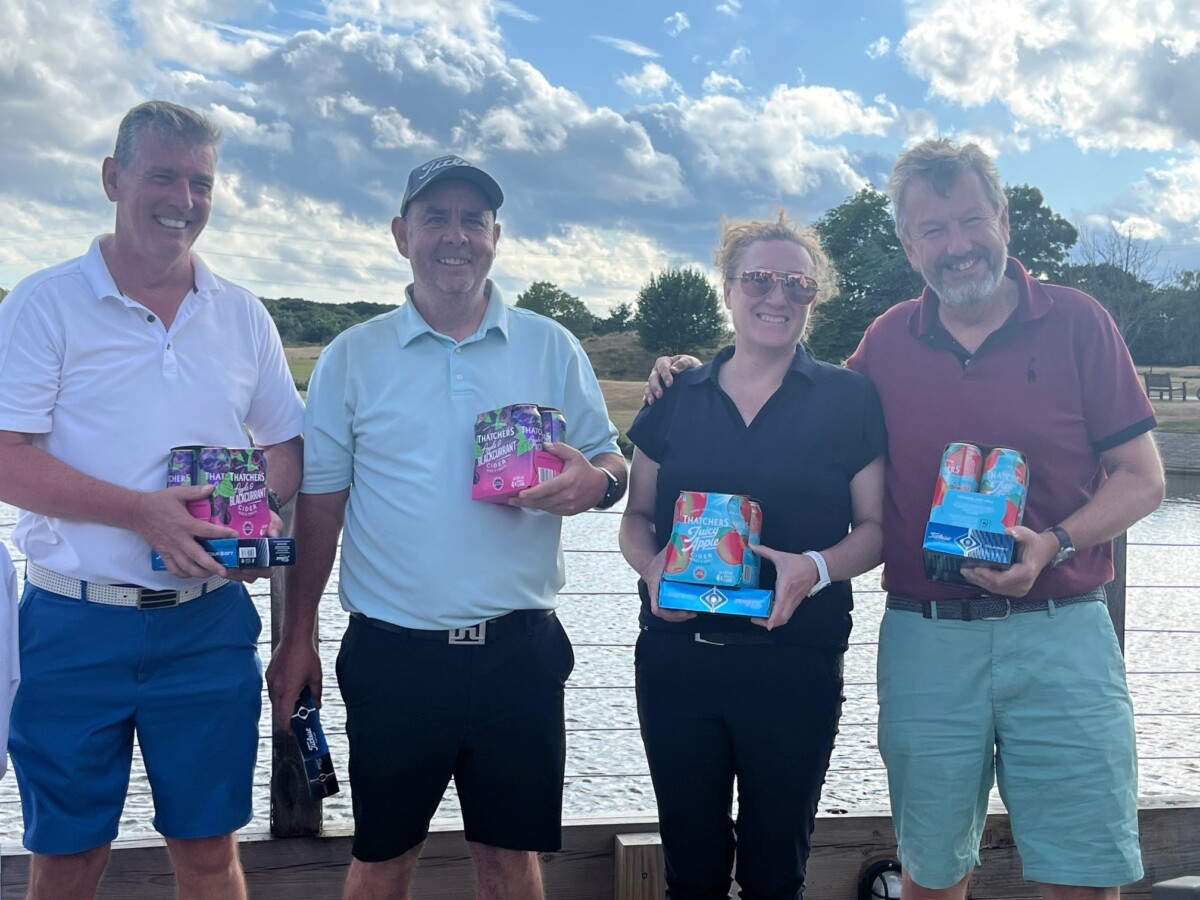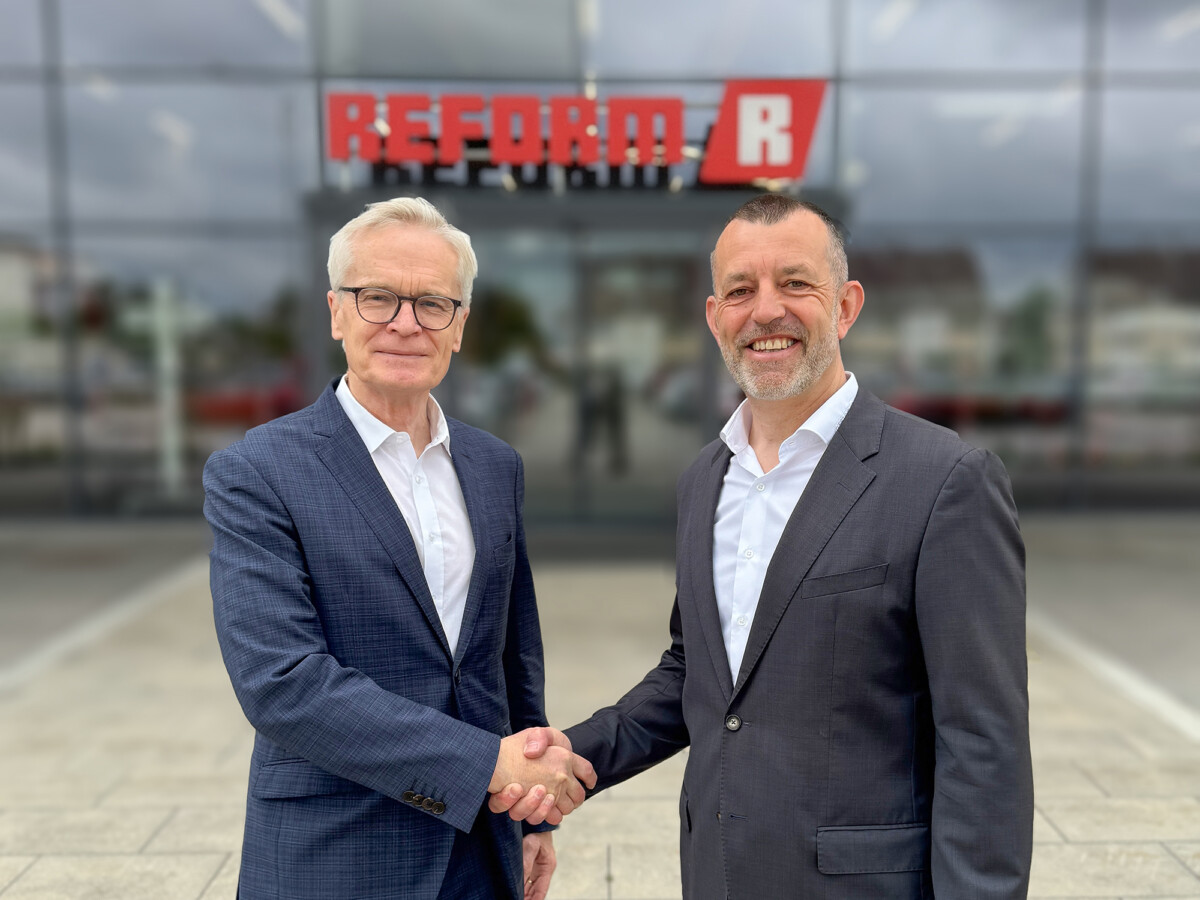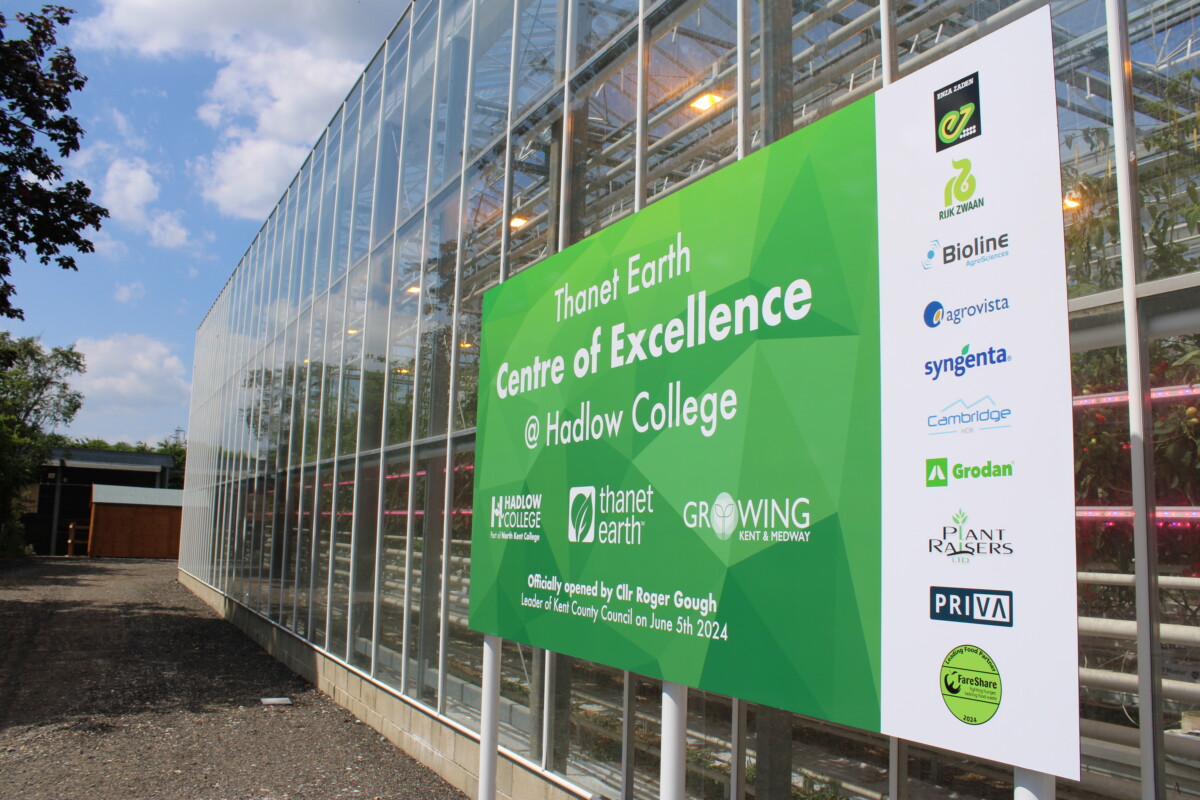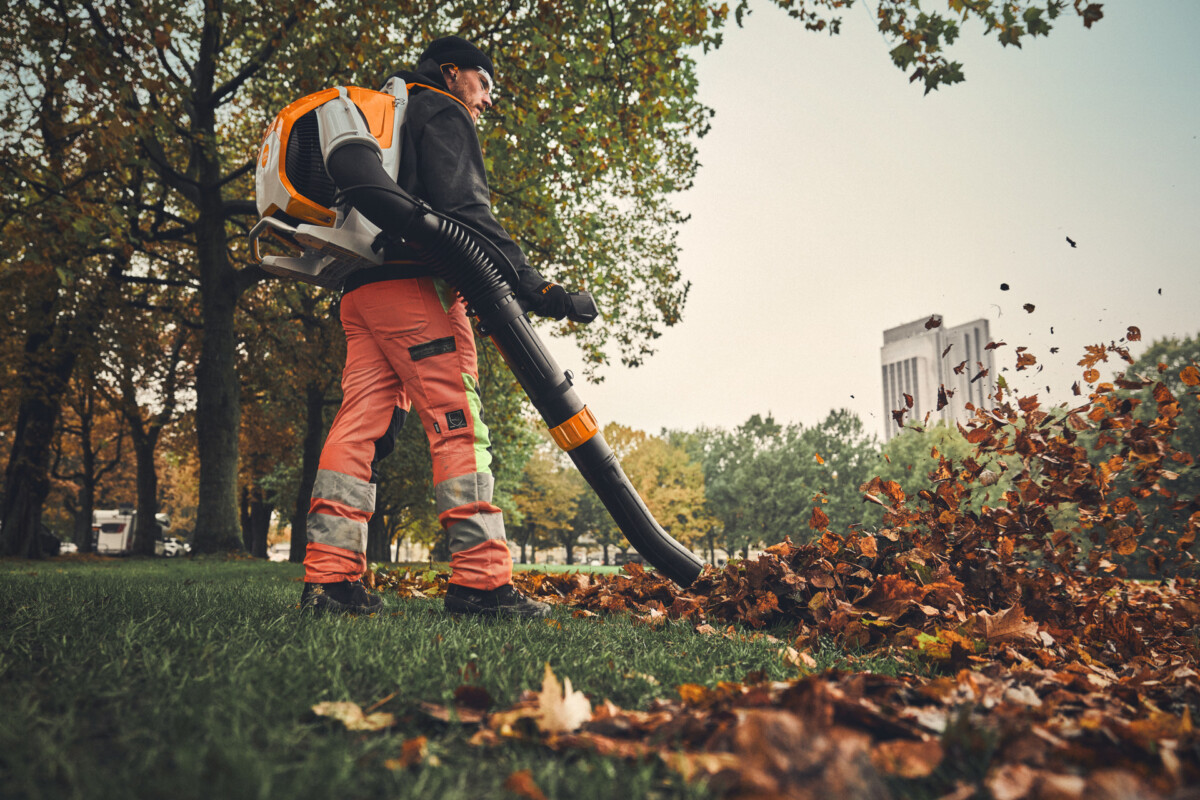Vision of the future: Laurence Gale finds out what’s behind Gloucester City Council’s successful PPS Initiative.
As an ex-local authority manager, I fully understand many of issues councils are facing in the light of the Government’s tight rein on council budgets and, notably, understanding the frustrations of many practising Parks Managers who for many years have been forced to reduce service delivery in their parks and amenity open spaces.
However, to combat these cut backs, councils are now seeking new ways of working and obtaining funding from other sources. Without doubt the National Lottery and Heritage Funding Schemes have helped enormously in recent years, with millions of pounds filtering down to councils who have been savvy enough to understand, and learn quickly, how to make the most of these funding opportunities.
Another way of saving money and operating effectively is by working with new partners who are willing to take on the maintenance and management of some of the land assets. For example, in recent years we have seen local councils pass on this responsibility of these to town and parish councils and local sports clubs.
However, this can only be achieved, after investing in a detailed survey and consultation with many organisations, sports clubs and evaluating current working practises and costing of any proposed schemes.
This usually is achieved by the process of the council formulating and producing a Playing Pitch Strategy (PPS) to evaluate the way ahead. This strategy is usually set between 5-10 years depending on the size and scale of the project.
The existence of a robust and up-to-date PPS will enable informed and evidence-based decisions and actions to be made across a range of agendas including sports development, strategic planning and planning applications, educational provision, funding, facility and asset management, public health and the management and maintenance of provision of high quality playing pitches and playing fields to meet the sporting needs of local communities. All local authority areas should have an up-to-date PPS. By providing valuable evidence and direction a PPS can be of significant benefit to a wide variety of parties and agendas.
A recent visit to Gloucester gave me the opportunity to meet up with a very forward thinking local authority which has initiated its own PPS and is now starting to see the fruits of its labours. In terms of having a vision, they now have a set of local projects to improve the delivery of better pitches and facilities in the Gloucester area.
I met up with two of the lead officers who have been working on the PPS, David Pritchett, Open Spaces
Strategy Officer, and Adam Gooch, Principal Planning Officer. Their PPS runs from 2015 -2025, a 10 year programme. Now well into its second year the council is starting to see the benefits of its actions, with plenty of improvements to the maintenance and management of its pitches.
Since the PPS was adopted in January 2016, improvements in some form or other have been made to over 40% of playing field sites. This includes things like verti-draining but also reconfiguring pitches to provide for the community’s needs.
One of the main reasons for the success is the Delivery Group, which meets at least every six months and has representation from Sport England, FA, RFU, ECB, England Hockey, Active Gloucestershire and Aspire Sports and Cultural Trust. The relationships they have built have been instrumental in developing a very positive and focussed partnership in delivering the aims and objectives of the PPS.
The key aims of the Gloucester PPS are:
- To protect the existing supply of sports pitches for meeting current and future needs.
- Secure tenure and access to sites for high quality, development minded clubs, through a range of solutions and partnership agreements.
- Maximise community use of outdoor sports facilities where there is a need to do so.
- To enhance outdoor sports facilities through improving quality and management of sites.
- Adopt a tiered approach (hierarchy of provision) for the management and improvement of sites.
- Work in partnership with stakeholders to secure funding.
- To provide new outdoor sports facilities where there is a current or future demand to do so.
- To achieve this, the PPS makes the following strategic recommendations: a) Secure planning gain for playing pitches from housing growth; b) Rectify quantitative shortfalls in current pitch stock; and c) Identify opportunities to add to the overall stock to accommodate both current and future demand.
Since the PPS was adopted the following projects or tasks have been completed or are being implemented by the Delivery Group:
- A range of improvements have been made to priority sites by the NGBs and/or sports clubs. In some cases this has included a visit from a specialist FA/RFU ‘Pitch Improvement Advisor’; this tends to be where the NGB funds the assessment and improvement measures in the first year, with a commitment from the club for the two following years.
- Improvements works undertaken to pitches so far include top-dressing, verti-draining and over-seeding. Sites that have benefitted are Gala Wilton, Gordon League RFC, Hucclecote Playing Fields, Saw Mills End Playing Field, Longlevens Recreation Ground and Waterwells Sports Centre.
- The FA, RFU and ECB have offered training courses for grounds men and women of Gloucester sports clubs to enable improved skills for maintaining and improving playing fields in the City and will continue to do in the future.
- The Council has also worked closely with the local County Sports Partnership, Active Gloucestershire, in preparing workshops with local schools, to explore opportunities for increased community use of educational facilities.
- A new multi-sports hub is being developed to the north of the city on land owned by the University of Gloucestershire and the City Council. This will include two 3G pitches, the first of their type in the city.
Looking ahead to the future, the Delivery Group has recently completed an Interim Review of the PPS to make sure it remains up-to-date. This has been endorsed by the City Council and will ensure that decisions are based on up-to-date evidence and reflect the needs of the local community.
Council Officers continue to work with the NGBs to identify priority clubs that would benefit from increased security of tenure on pitches that are in City Council ownership. This will enable those clubs to bid for funds for the improvement of pitches and/or facilities direct from the NGBs or Sport England. Whilst in the early stages, opportunities are currently being explored with Tuffley Rovers for changing rooms at The Lannett. i) Gloucester City FC has submitted funding bid to the FA’s Football Stadium Improvement Fund (FSIF) to assist towards the implementation of the new stadium.
To maintain the momentum that has been built up, and to ensure improvements to pitches continue in a sustainable way, the Council are also looking into a new ‘pitch improvement programme’. While in the early stages, the aim will be for the City Council and wider PPS Delivery Group to support sports clubs in undertaking improvements to pitches and facilities they use. One option being considered is based around community grants.
To date the Gloucester Playing Pitch Strategy is gaining momentum and has been looked upon favourably by Sport England, The Institute of Groundsman (IOG) and the Gloucestershire FA.
Matt Boucher, of the Gloucestershire FA, spoke well of the work being done to date.
“The Gloucester City Council PPS Delivery Group has been a pleasure to be involved with from developing the strategy through to now actively delivering. As the strategy was being developed it was clear that the quality of the pitches within Gloucester were poor and improving the pitch quality was going to be a key part of the action plan.
“Gloucestershire FA and the IOG have worked closely with Adam, Dave and the rest of the delivery group to review a number of local authority owned pitches and provide an increased level of maintenance. A year on and it is great to see some of the improvements at certain sites, feedback from clubs has been really positive,” explained Matt.



